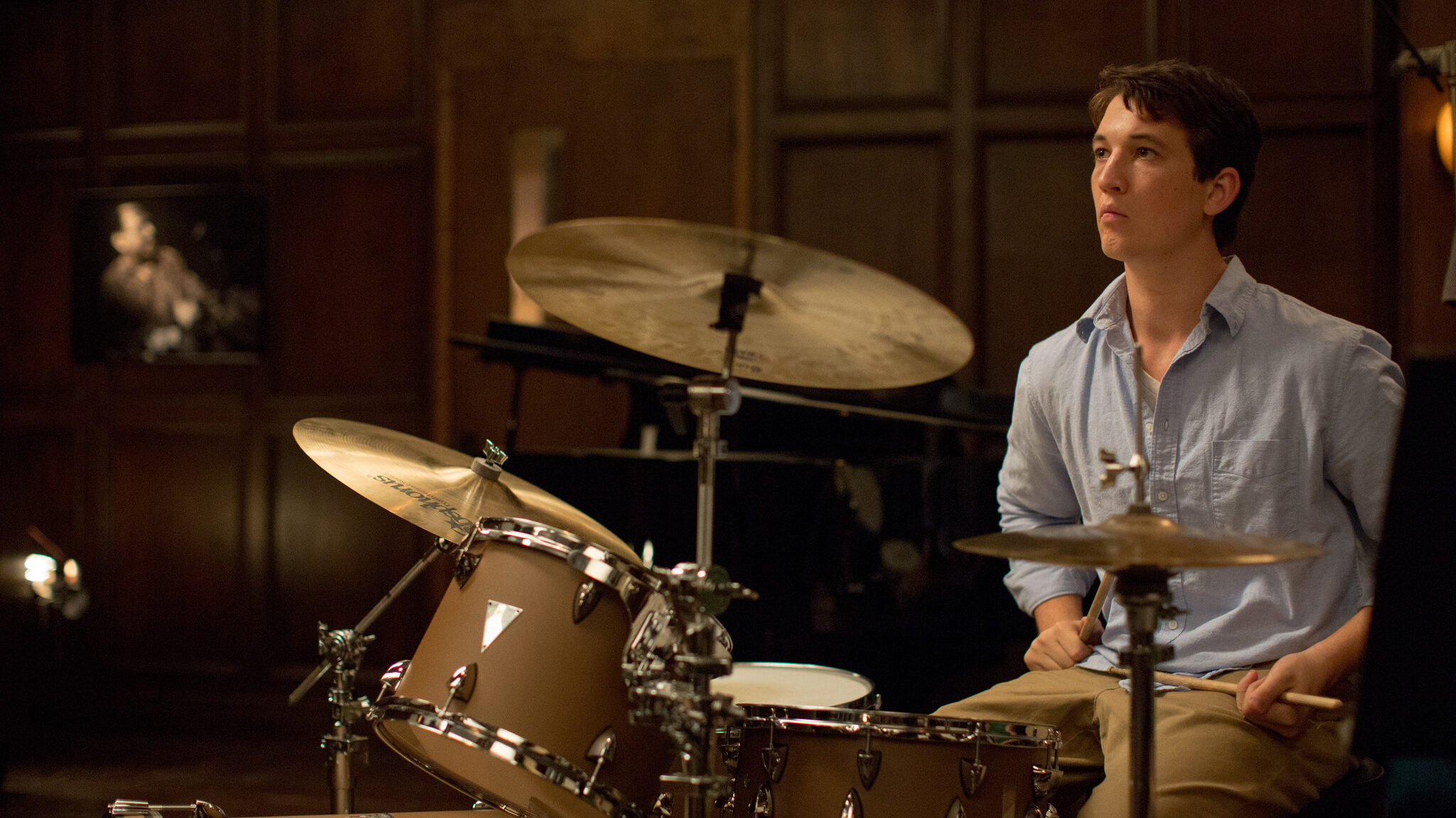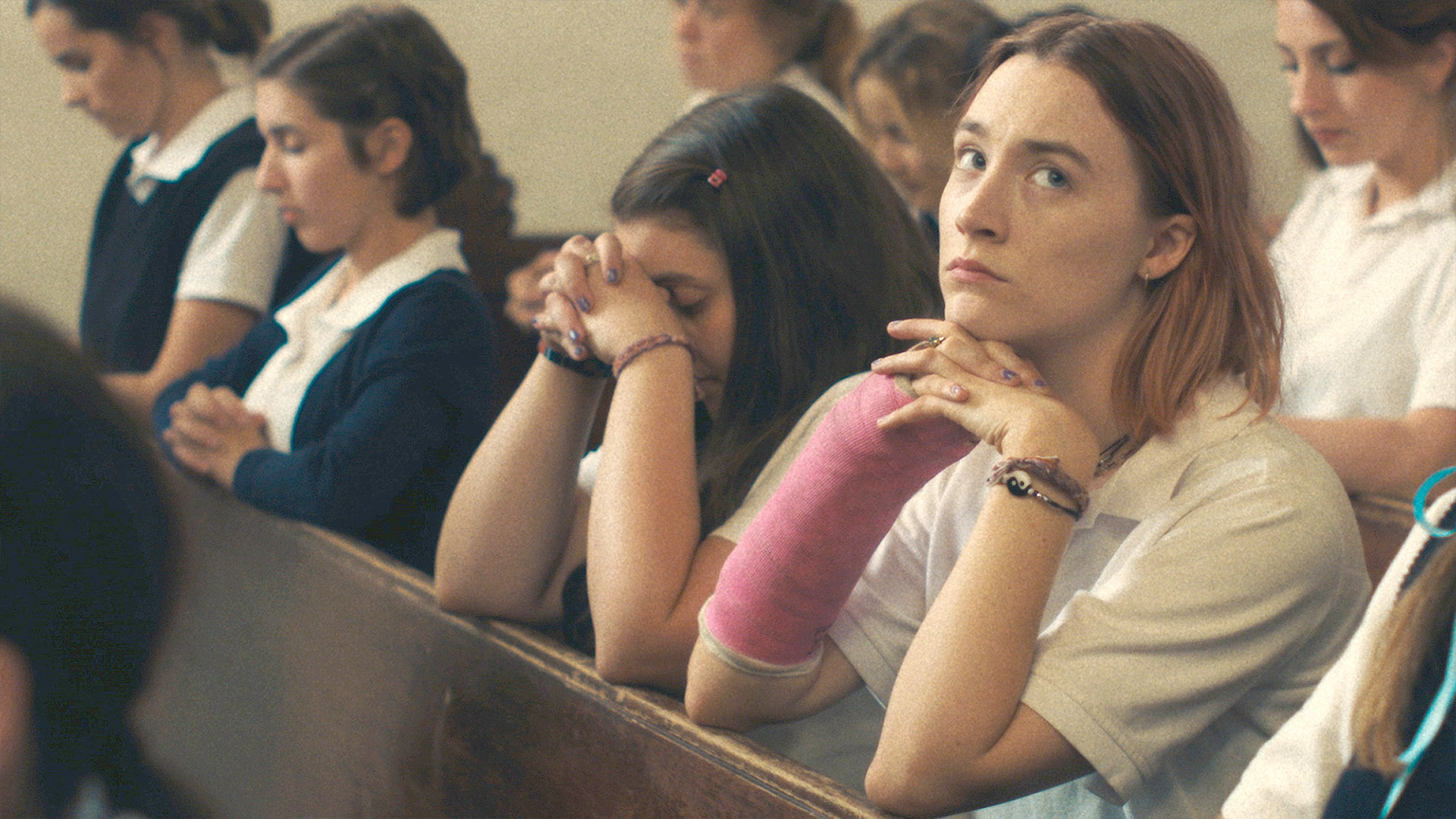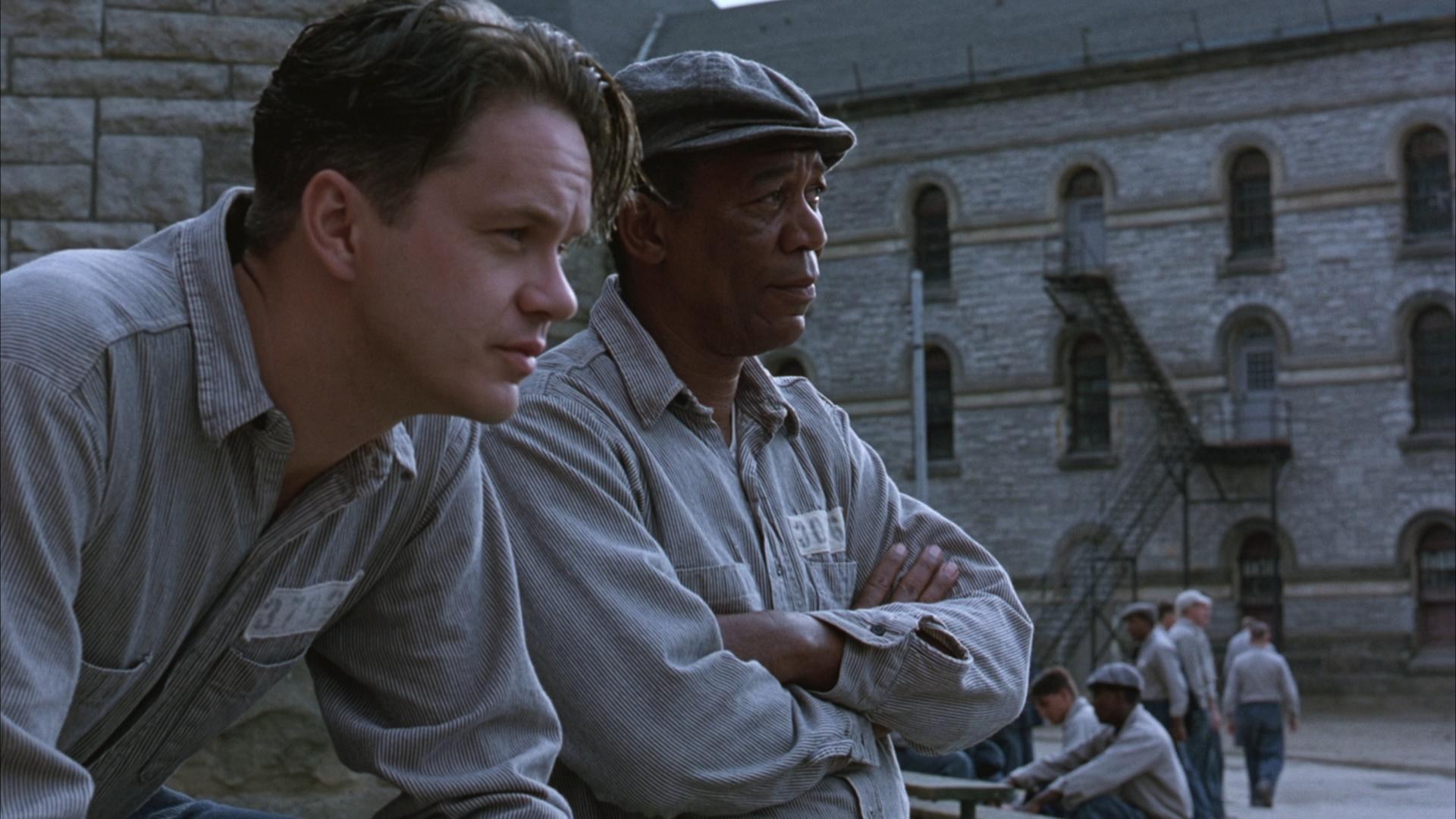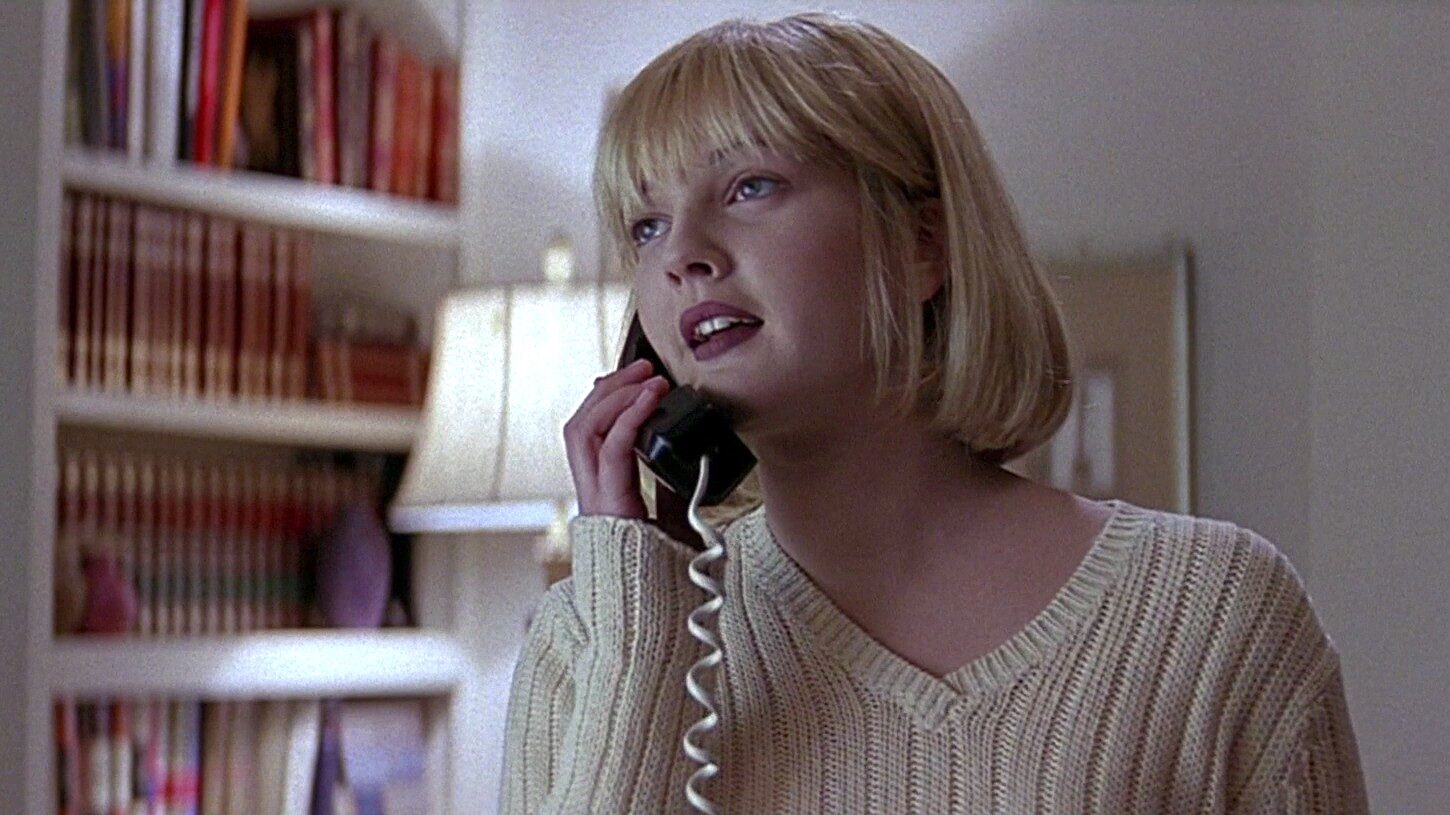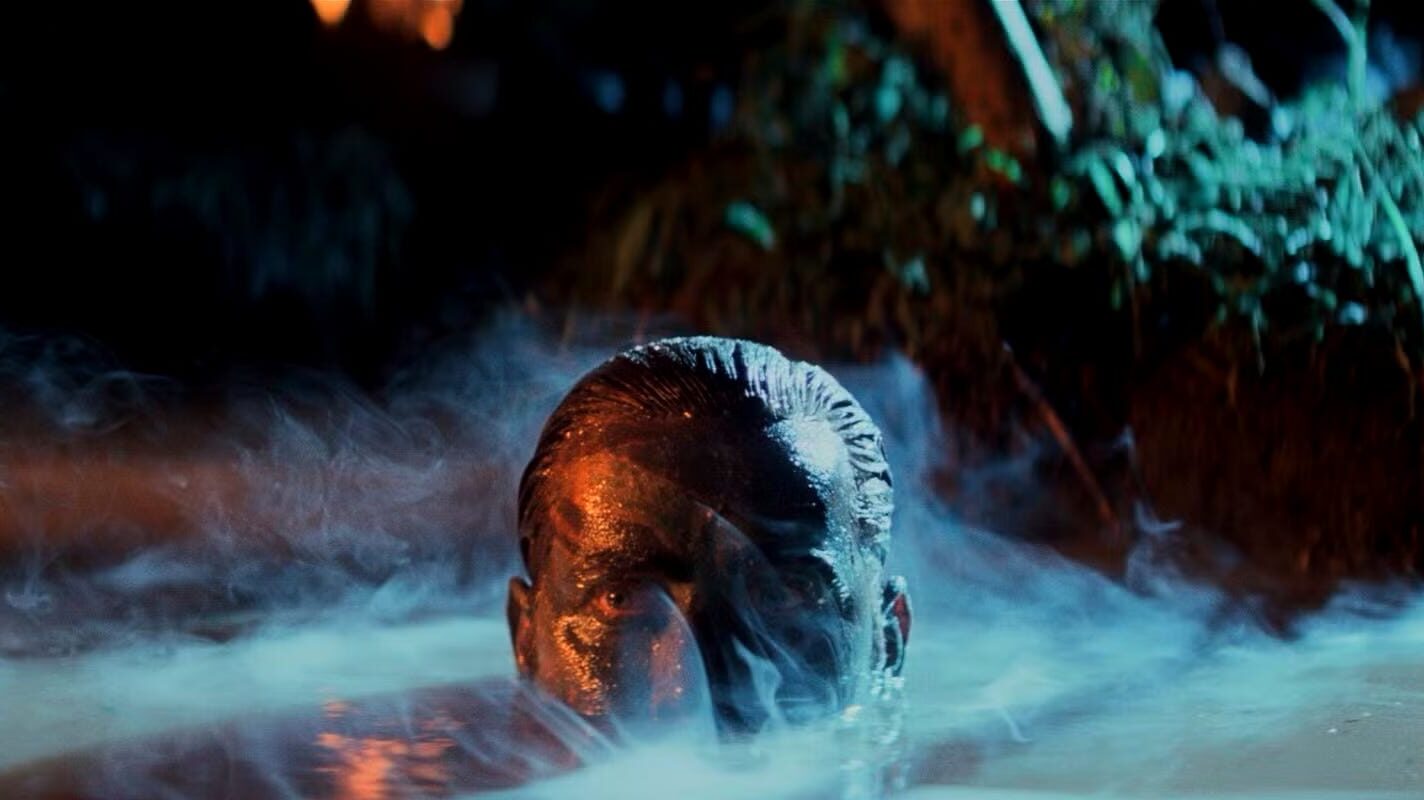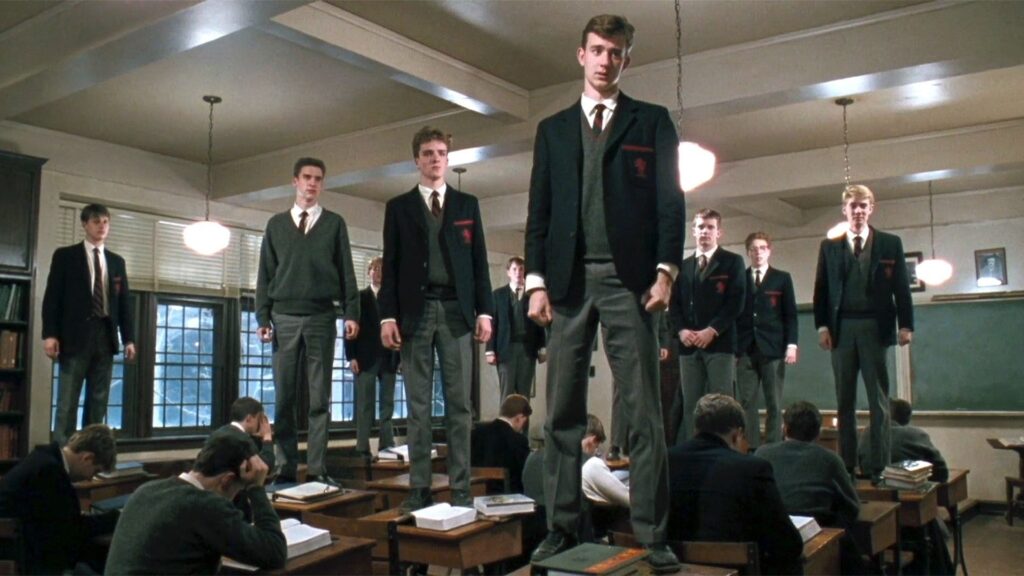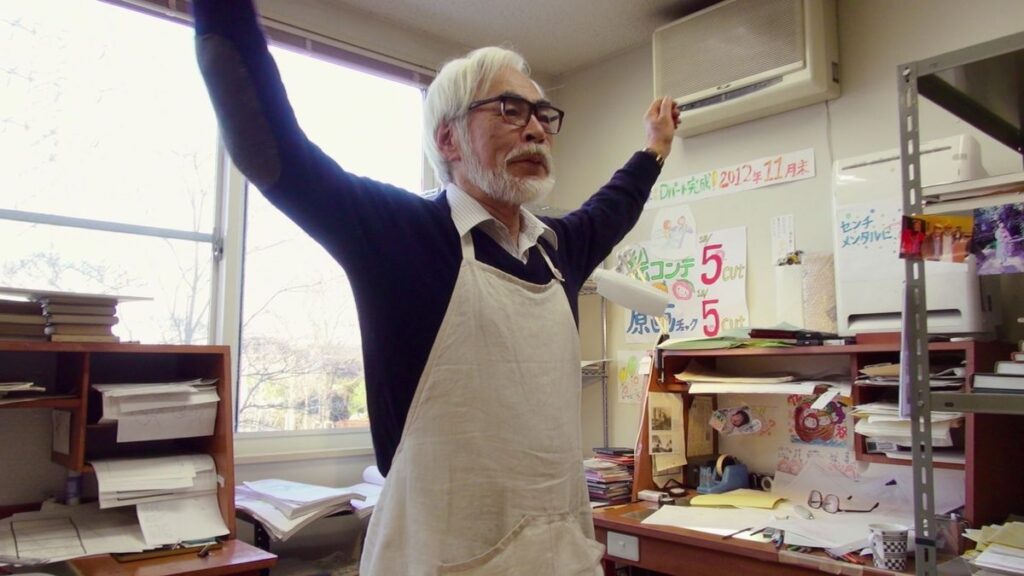All is not lost in a world where Aardman hangs onto its status as a wholly original animation house that gets to make shorts like this.
Stop-motion animation is really difficult to pull off. It’s very easy to screw up, even a little bit, and have your characters fall into neither fully cartoonish nor fully realistic, thus making them lose their relatability through a perceived artificiality. Even the greatest of stop-motion films (Coraline, Fantastic Mr. Fox, etc.) can’t help but enter the uncanny valley with their movements sometimes, no matter how infrequent.
So know that I mean it when I say that Aardman (at least since their feature-length debut, Chicken Run) has never entered the valley once. Every character is designed with an intent that comes through wonderfully, with motions and mouth movements that perfectly match their voice acting performances. Their characters fully embrace the cartoonity of the artstyle, so every single one feels genuinely alive in their world.
Robin Robin is the culmination of their years of experience, using all of their stop-motion expertise to get a result that feels truly cozy. Each character has a nice doll-like quality to them, with simplified designs and formless limbs that feel like a home-made stuffed animal. These designs don’t make you feel like you’re being advertised to, thankfully, though I’m sure there’s some kind of merchandise for the short film out there. Though it can be more Rudolph than Fantastic Mr. Fox at times, the animation could only be described as impressive.
The comedy is less Monty Python satirical, and leans more into classic Aardman absurdism, seeing characters defy spatial logic by warping instantly to a desired location or accidentally create a precisely functioning Rube Goldberg machine through simple clumsiness. Even so, the writers can’t help but engage just a little with some irony or sarcasm, unable to completely embrace the desired Winnie the Pooh innocence.
Fitting for a Christmas special, it ends on a simple but potent message of playing to your strengths in order to accomplish your goals, as well as not to blindly rely on imaginary deities to succeed. In this sense, it is an anti-religious story that rejects misguided faith in the face of hardship, as well as the religious associations of Christmas (detailing the Christian humans’ version of Christmas being entirely renounced by way of theft). Furthermore, it’s an allegory for the resource hoarding of ruling classes, and the inherent morality of stealing from the rich in a society that forces you to steal to survive.
All in all, this unusual effort from Aardman, though not as successful as their previous masterworks in comedy, is up to the standard of their early days and a great improvement from their most recent efforts. I think the decision to limit this story to a short film was the right one; it’s not hard to see this dragging at a regular feature-length runtime. Ultimately, considering it’s readily available on Netflix, it’s something that everyone might as well watch; a perfect Christmas movie if you’re looking for a unique Christmas aesthetic.
And when they had the cat to go full Howl’s Moving Castle in the climax? Perfection.


